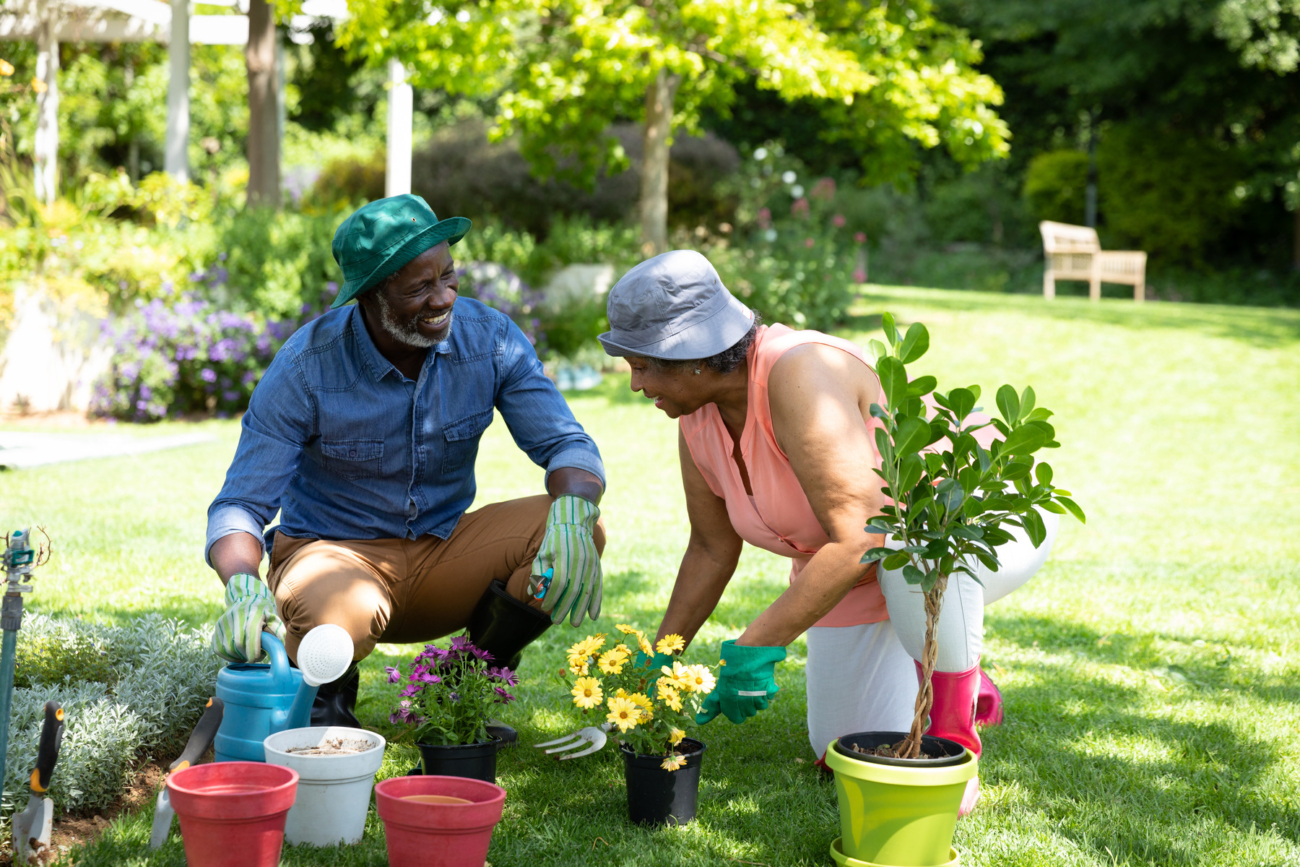Seasonal Gardening Tips for Maine’s Climate
Gardening in Maine comes with its own unique set of joys and challenges. From frosty spring mornings to the rich soils of summer, Maine’s seasonal rhythm calls for a thoughtful approach to planting and tending a garden. Whether you’re a seasoned green thumb or just beginning your journey, these gardening tips for Maine will help you make the most of every growing season—while boosting your health and happiness along the way.
Know Your Growing Zone
Before you dig in, it’s important to understand Maine’s USDA Plant Hardiness Zones. Most of the state falls between zones 3 and 5, which means you’ll need to choose hardy plants that can withstand long winters and shorter growing seasons. Stick to cold-tolerant vegetables, perennials, and native plants for the best results.
Best Plants to Grow in Maine
Maine’s cool, moist climate supports a wide variety of plants if you time your planting right. Here are some top choices for the local climate:
Vegetables & Herbs
- Leafy Greens like kale, spinach, and lettuce thrive in cooler temps.
- Root Vegetables such as carrots, beets, and potatoes do well in Maine soil.
- Peas and Beans are reliable growers and add nitrogen to your soil.
- Tomatoes and Peppers can flourish with a little extra care and warmth.
- Chives, thyme, and oregano are hardy and low-maintenance.
- Mint spreads easily—perfect for pots or contained garden beds.
Flowers and Ornamentals
- Lupines, Black-Eyed Susans, and Coneflowers are not only beautiful but native to Maine.
- Hostas and Ferns are excellent choices for shaded areas.
- Daylilies and Peonies brighten gardens and return year after year.
Seasonal Gardening Tips for Success
Maine’s four distinct seasons offer both opportunities and limitations. Here’s how to adapt your gardening routine throughout the year:
Spring
- Start seeds indoors in late winter or early spring.
- Wait until late May or early June to transplant outdoors—after the danger of frost.
- Add compost or aged manure to enrich the soil before planting.
Summer
- Water early in the day during summertime to prevent evaporation and reduce the risk of mildew.
- Mulch around plants to retain moisture and suppress weeds.
- Monitor for pests like aphids and Japanese beetles and treat naturally when possible.
Autumn
- Harvest root vegetables before the ground freezes in fall.
- Plant bulbs like daffodils and tulips for spring blooms.
- Rake leaves and add them to your compost pile or use as mulch.
Winter
- Plan next year’s garden and order seeds early.
- Start an indoor herb garden for fresh flavors all winter long.
- Maintain gardening tools and organize your shed or workspace.
Tips for Gardening at Any Age
Beyond the beauty and bounty of fresh produce, gardening offers a host of health benefits—especially for older adults. It promotes gentle physical activity, reduces stress, and offers a sense of purpose and routine. Tending to plants has even been linked to improved mood and cognitive function. Some additional tips to make your gardening even more enjoyable:
- Use raised garden beds or vertical planters for easier access.
- Choose ergonomic tools that are gentle on hands and joints.
- Set a routine! Just 20–30 minutes a day can be a meaningful and manageable activity.
- Join a gardening club or attend seasonal workshops for ongoing inspiration.
Cumberland Crossing by OceanView
Whether you’re harvesting ripe tomatoes in July or dreaming up spring garden plans in January, gardening in Maine offers a rewarding connection to nature and community. With the right plants, tools, and seasonal gardening tips for Maine, your garden can thrive no matter the weather.
Interested in a retirement lifestyle that supports your love of gardening and the outdoors? Cumberland Crossing has many enthusiastic gardeners who enjoy beautifying their own yards or who sign up for a raised bed in our Community Garden – or both! Contact us to learn more about our vibrant, maintenance-free cottages and the active, engaged lifestyle waiting for you in beautiful Cumberland, Maine.


